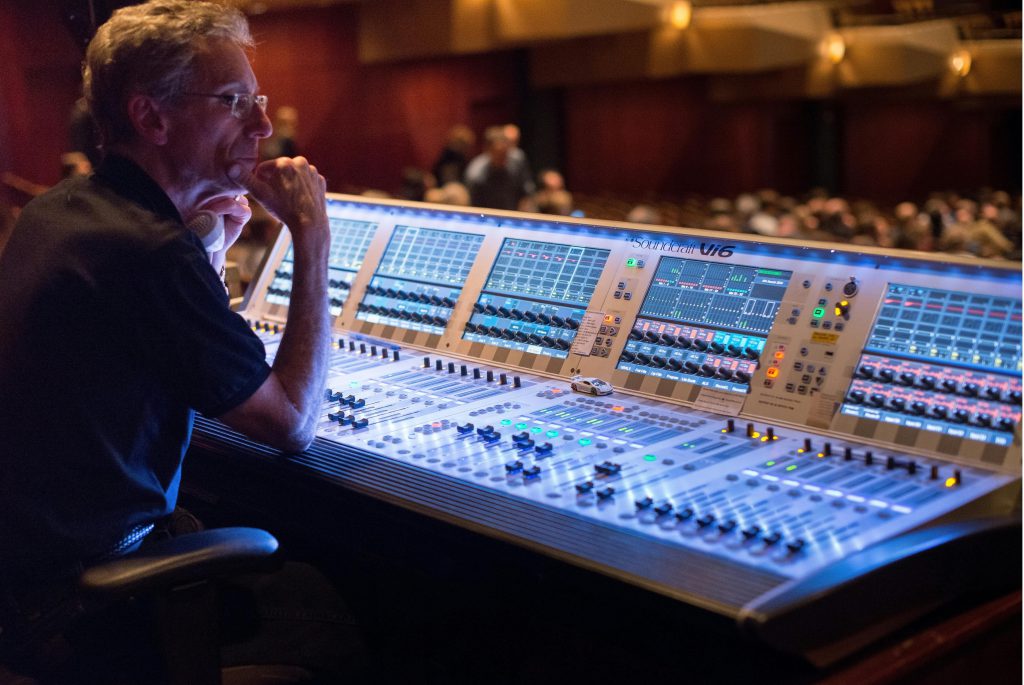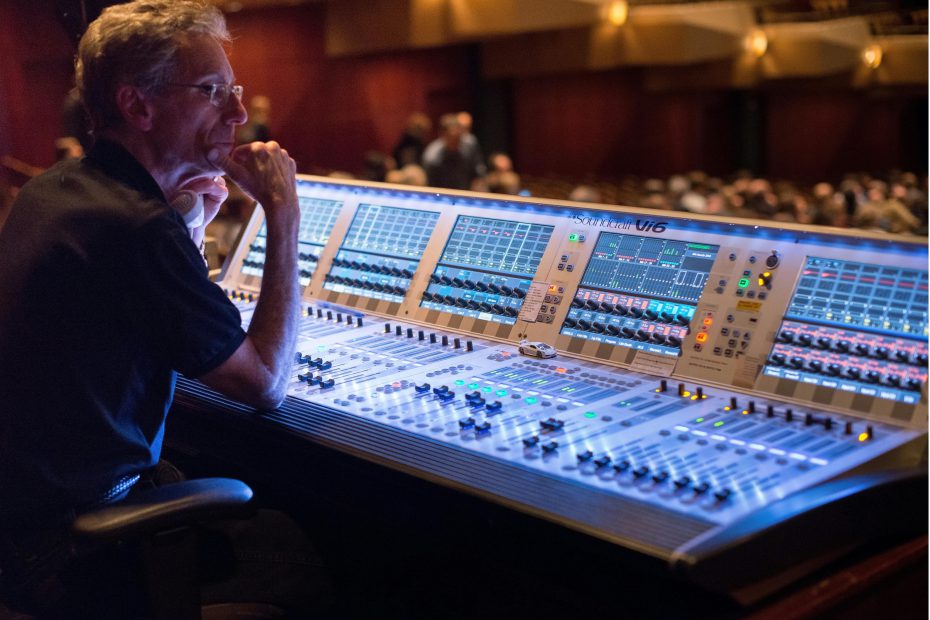When Is the Right Time to Switch to a Digital Mixer?
A Digital Mixer is a game-changer in the world of audio production, offering advanced processing power, flexible routing, and enhanced sound control. Whether you’re a live sound engineer, a studio producer, or a church sound technician, upgrading to a Digital Mixer can significantly improve your audio quality and workflow. But when is the right time to make the switch? This guide will help you determine if it’s time to transition from an analog setup to a Digital Mixer.

Why Upgrading to a Digital Mixer Matters
The Importance of a Modern Digital Mixer
A Digital Mixer provides enhanced control over sound, allowing for precise adjustments, multiple effects, and seamless integration with modern audio technologies.
Key Benefits of a Digital Mixer
- Superior Sound Processing: Digital mixing offers better EQ, dynamics control, and sound clarity.
- Increased Flexibility: Easily recall settings, create multiple mix configurations, and adjust on the fly.
- Compact and Lightweight Design: Unlike bulky analog consoles, Digital Mixers are more portable and space-efficient.
- Better Connectivity: Supports multiple input and output options, including USB, Ethernet, and wireless control.
- Remote Control Capabilities: Many Digital Mixers allow users to control settings via mobile apps or tablets.
Signs That It’s Time to Upgrade to a Digital Mixer
Lack of Advanced Sound Processing
Limited EQ and Effects
If your current mixer lacks parametric EQ, compressors, or built-in effects, upgrading to a Digital Mixer will provide more processing power.
No Scene Recall
Analog mixers require manual adjustments, while Digital Mixers allow you to save and recall settings instantly.
Poor Sound Quality
If your mix sounds muddy, harsh, or unbalanced, a Digital Mixer can help refine and enhance sound clarity.
Outdated Technology
Limited Connectivity
Modern Digital Mixers support USB recording, Dante networking, and wireless control, making them more versatile.
No Remote Mixing Capabilities
If you’re unable to adjust sound remotely via a mobile app or tablet, it’s time to consider a Digital Mixer.
Difficulty Managing Large Audio Setups
A Digital Mixer simplifies complex audio routing, making it ideal for larger venues and productions.
Frequent Equipment Failures
Unreliable Faders and Knobs
Physical wear and tear on analog mixers can lead to faulty faders, crackling knobs, and inconsistent performance.
High Maintenance Costs
If repairs and replacements are becoming costly, investing in a Digital Mixer can save money in the long run.
Choosing the Right Digital Mixer for Your Needs
Factors to Consider When Upgrading
Number of Channels
Determine how many inputs and outputs you need for your setup to ensure your Digital Mixer meets your requirements.
User Interface and Control Options
Choose a Digital Mixer with an intuitive interface and touch-screen control for easy operation.
Integration with Existing Equipment
Ensure compatibility with microphones, speakers, and recording systems.
Top Features to Look For
Built-in Effects and Processing
A high-quality Digital Mixer should include reverb, delay, compression, and EQ options.
Multi-track Recording Capabilities
Some Digital Mixers offer built-in recording functions, eliminating the need for external recorders.
Wireless Control and Remote Mixing
Look for a model that supports Wi-Fi or Bluetooth for remote adjustments.
Best Applications for a Digital Mixer
Live Sound and Concerts
A Digital Mixer provides real-time sound adjustments and scene recalls, making it perfect for live performances.
Recording Studios
For music production, a Digital Mixer ensures high-fidelity recordings and precise mix control.
Houses of Worship
Churches benefit from Digital Mixers due to their ability to manage multiple microphones and instruments with ease.
Broadcasting and Podcasts
A Digital Mixer offers superior audio processing, making it ideal for clear and professional sound in broadcasting.
Installation and Setup Tips for a Digital Mixer
Hiring a Professional vs. DIY Setup
While some mixers are plug-and-play, professional installation ensures proper calibration and connectivity.
Optimizing Sound Quality
Use high-quality cables, adjust gain staging, and set proper EQ settings for the best sound performance.
Integrating with Existing Equipment
Ensure your Digital Mixer is compatible with your PA system, microphones, and other audio gear.
Switching to a Digital Mixer is a smart investment for anyone serious about sound quality and efficiency. Whether you’re experiencing outdated technology, poor sound quality, or need advanced mixing capabilities, upgrading to a Digital Mixer will enhance your audio experience. By selecting a model with the right features, you can enjoy precise control, flexibility, and superior sound for years to come.
